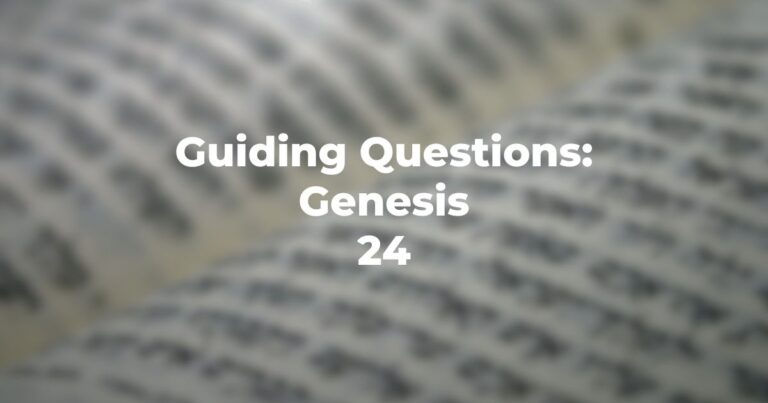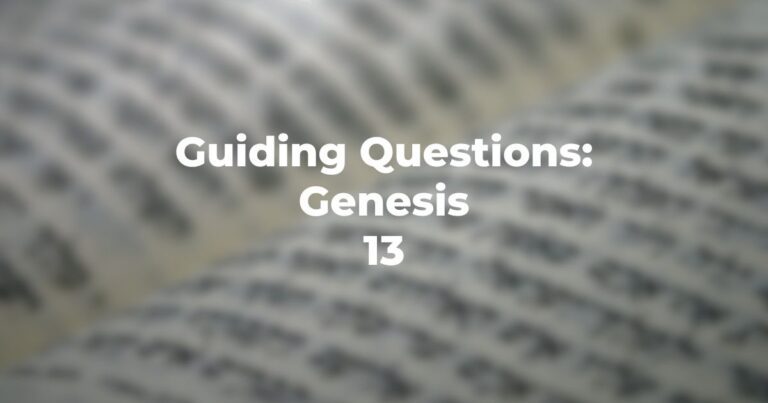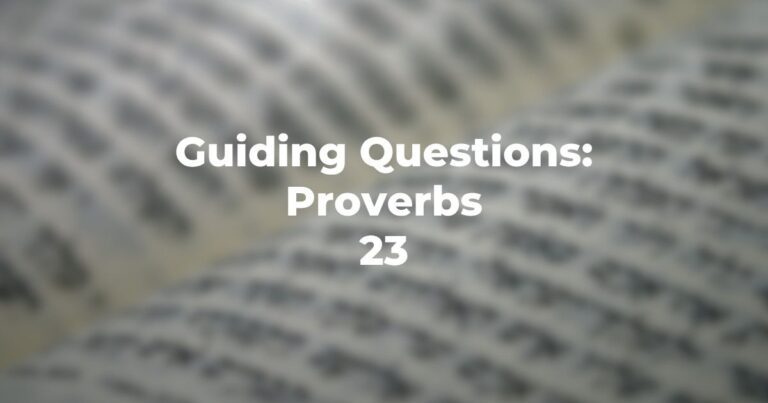- How does Genesis 39:1 vary from the end of Genesis 27 as to who sold Joseph; does the variance matter for the narrative?
- What is the difference between “ish matzliah” (a successful man) and “ish tzdadik”?
- How does Joseph manage as steward to Potiphar?
- What, initially, transpires (or does not) between Potiphar’s wife and Joseph – and according to text (Genesis 39:8–9), for what reason?
- In Genesis 39:11–18 what complaint does Potiphar’s wife voice? What is meant by the Hebrew “letzahek” (Genesis 39:14–17) and see Genesis 26:8 for use of this verb at an earlier point? (N.B. Potiphar was a castrate)
- Genesis 39:19–20 describe Joseph’s punishment. In those days (and later as well), is this normative for a slave who attempted rape of his master’s wife or was that the charge?
- In what type of prison was Joseph placed – for common prisoners or others?
- And how does Joseph fare in the “royal prison”? (Genesis 39:21–23)
- In all this time, is there any communication, as such (dream or otherwise), to Joseph from a “Divine source”? Any word as to Jacob and the family?
Author
-

Exploring Judaism is the digital home for Conservative/Masorti Judaism, embracing the beauty and complexity of Judaism, and our personal search for meaning, learning, and connecting. Our goal is to create content based on three core framing: Meaning-Making (Why?), Practical Living (How?), and Explainers (What?).
View all posts




